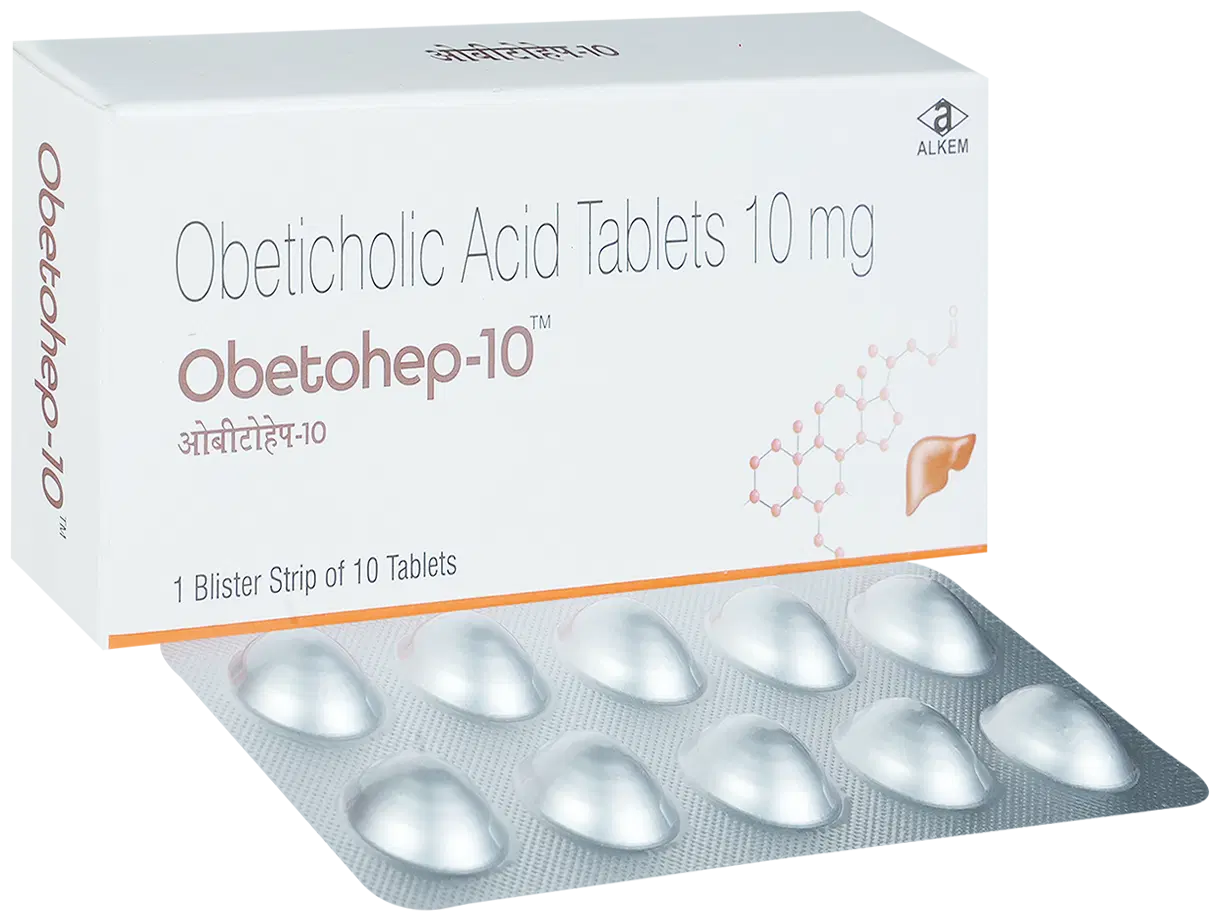Obeticholic acid
Obeticholic Acid is a novel, synthetic bile acid agonist that acts by binding to the farnesoid X receptor (FXR) in the nucleus. The receptor’s activation stimulates lipid, carbohydrate, and protein metabolic pathways and suppresses inflammatory and oxidative stress. These effects translate into various potential therapeutic applications.
However, this medication is mainly known for its use in the treatment of a genetic disorder known as Pruritus in patients with cholestatic liver diseases like Primary Biliary Cholangitis (PBC). Cholestasis is a group of liver disorders caused by the blockage of bile flow which results in the accumulation of bile acids. Obeticholic acid enhances the liver’s ability to reduce bile levels, thus effectively reducing itchiness in those with cholestatic liver diseases.
Clinical studies have also demonstrated Obeticholic acid’s usefulness in lowering levels of liver enzymes (alkaline phosphatase and γ-glutamyl transpeptidase), which can signal liver injury. It may even improve biochemical indicators of PBC progression.
Importantly, obeticholic acid is an investigational medicine and its availability depends on regional regulatory approval and marketing authorizations. Always consult your healthcare professional or pharmacist about the appropriate and specific use of any drug, its correct dosage and its potential interactions with other drugs. Safety and effectiveness of this drug might vary depending upon the patient’s overall health status, age, weight and other individual medical conditions.
Ensure proper medication administration by following your physician’s directives or instructions provided with the medication. Avoid overdosage as this can lead to worsening of side effects. Keep out of reach of children, in case of accidental ingestion, seek medical assistance immediately. Always inform your doctor or pharmacist of any change in your symptoms, drug reactions, and health conditions, while on Obeticholic acid treatment.
It is also necessary to inform your physician of any concurrent diseases and medications before starting treatment. Like any drug, Obeticholic Acid may also carry certain side effects which would depend upon the dosage and length of therapy. Typical side effects reported in studies include itchiness, high levels of liver enzymes, fatigue, abdominal discomfort and fever, among others.
Overall, the use of Obeticholic Acid represents an advance in the treatment of liver disease and the reduction of itching caused by a disruption of bile flow. It also demonstrates a step forward in therapeutics of fatty liver disease, however, the benefits need to be balanced with potential risks in each patient to make optimal treatment decisions.

Showing 13–24 of 42 results
Showing 13–24 of 42 results




